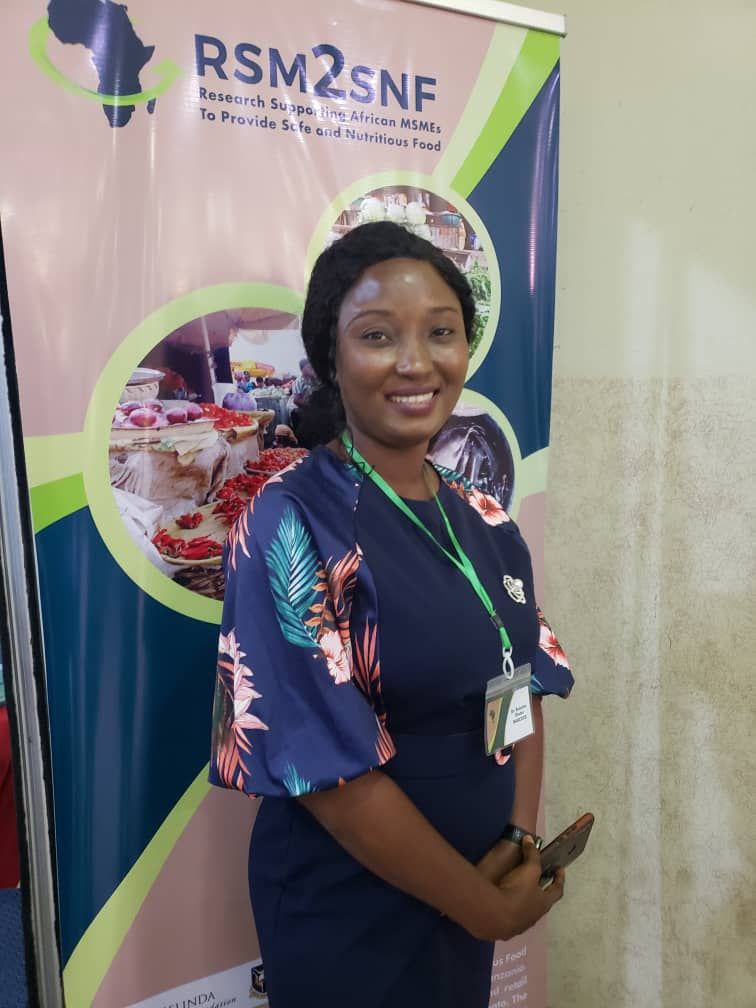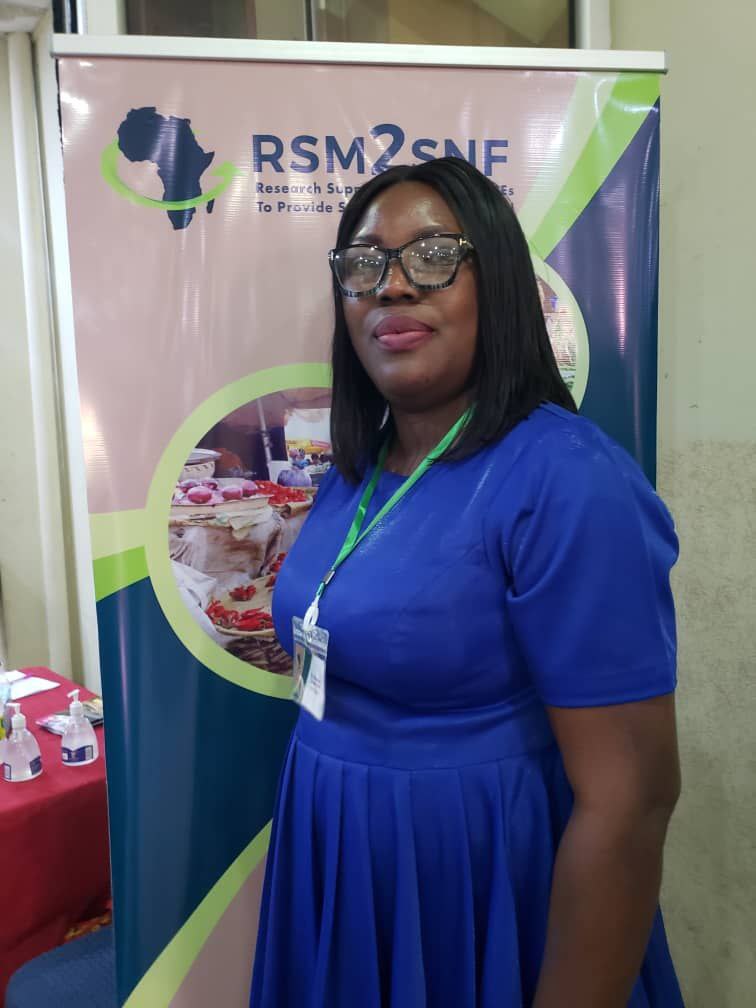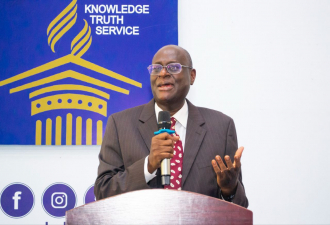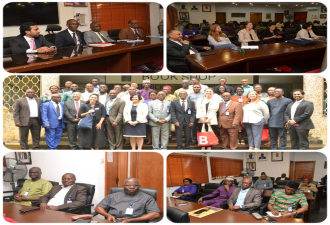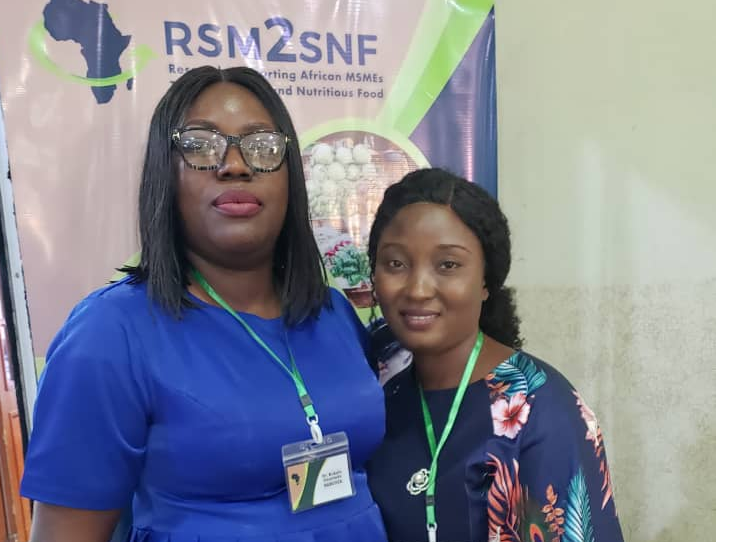Two members of Faculty from the department of Agriculture and Industrial Technology, Babcock University, were awarded Project Contracts with Michigan State University under the Bill and Melinda Gates sponsored project, Research Supporting African MSMEs to Provide Safe and Nutritious Food (RSM2SNF). The two Faculty members are Drs. Bukola Osuntade and Bolatito Shobo. Dr. Osuntade is the lead Nigerian collaborator for the project on issues related to gender in Nigeria while Dr. Shobo, is the Subject Matter Specialist on Horticulture. The project will focus on agrifood along the value chains of Fish, Tomatoes and Green leafy vegetables in Nigeria and Tanzania, providing a view of Agrifood Value Chains in both West and East Africa.
OBJECTIVES:The faculty are not limited to only support the project in the identification of stakeholders via creation of an exhaustive list of stakeholders related to gender and farmers in olericulture for the perception survey. They are also expected to participate in project related activities such as research and/or stakeholder meetings, field visits as necessary; Provide summary review of policies, related to gender in Nigeria and support the Development of a non-technical communication piece (e.g. pamphlet) related to gender and MSMEs in Nigeria’s agrifood system generally and the study value chains specifically based on existing literature but that can be further developed on with findings from current research.
PROJECT DESIGN: These Faculty members will work alongside other Researchers in the fields of Agriculture, Climate Change, Fisheries and Aquaculture from Research Institutes, Universities within and outside Nigeria, they are University of Ibadan, Federal University of Agriculture, Abeokuta, National Agricultural Extension Research and Liaison Services and the host institution, Michigan State University. The project is expected to span over five years with possible inclusion of other Faculty and Students of Babcock University in the life time of the project.
The proposed project will use three interlinked research methods: First, will conduct a participatory “lay of the land” or rapid reconnaissance study for each selected value chain. The rapid reconnaissance is carried out via field visits and consultations with stakeholders (such as producers, processors, traders, MSME associations, wholesale and retail market authorities and market association representatives, government, academia, etc.) to find out where things are (e.g., wholesale markets, key production areas, and processing or other industrial clusters) and how and why they have changed (or not) over time. The reconnaissance provides an opportunity for the research team to understand what stakeholders perceive to be the key issues in the subsector and to build a partnership with stakeholders. The second research method is a set of market and meso-studies. The meso-studies are region-level surveys (regions can be districts or subdistricts) that maintain a focus on broad themes of relevance to the whole food system, including the policy environment in which value chains exist and the state of infrastructure (both macro- and meso-level challenges that affect MSMEs). These studies are broad but not necessarily deep, and they provide key insights regarding region-level drivers of change in the selected value chains. The third research method is a stacked survey approach to collect quantitative data on the actors along these value chains. Stacked surveys feature a set or “stack” of surveys of representative samples of actors at selected nodes of the agrifood value chain (AVC) of a product
